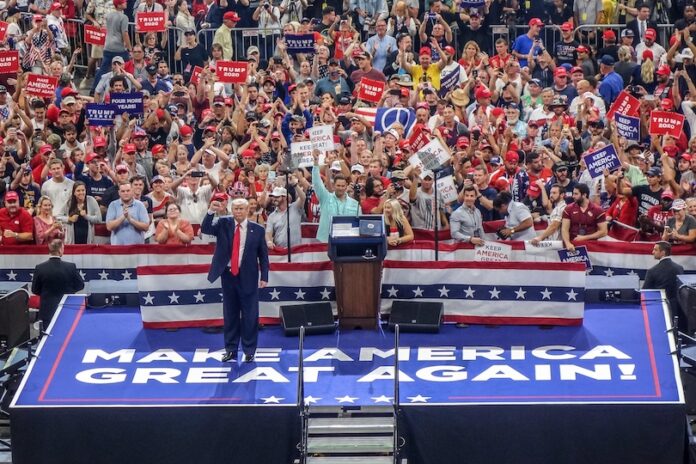The re-election of Donald J. Trump as the U.S. president after the 2024 elections signals a new era of ambition and unpredictability in American and global politics. His second term is poised to focus on an inward-focused economic agenda, prioritize U.S. manufacturing, and revamp foreign alliances and trade practices to fulfill his longstanding “Make America Great Again” promise.
Trump’s administration is expected to work closely with business leaders like Elon Musk to streamline government processes and reduce overhead costs, following a similar regulatory reform model in India under Prime Minister Modi. This fiscal agenda aims to enhance economic self-reliance and efficiency in the U.S. bureaucratic system, setting a precedent for public administration reforms.
Trump’s re-engagement in global politics includes reshaping alliances, particularly with NATO, to push for greater financial responsibility from European allies and address security concerns in the region. In Eastern Europe, his goal is to mediate a resolution to the Russia-Ukraine conflict that balances interests and promotes peace-building efforts.
On the human rights front, Trump’s policies are expected to advocate for religious freedoms and minority protections, especially in South Asia, where his support for the Hindu community in Bangladesh aligns with his broader commitment to safeguarding religious minorities. His international strategy also involves engaging with China to assert American economic interests and counterbalance Chinese influence in key regions.
Trump’s economic policies may affect international trade dynamics, impacting countries like India and Vietnam as they aim to expand their manufacturing sectors. His approach to the U.S. dollar as the world’s reserve currency and regulations on cryptocurrencies could also reshape global financial networks and monetary systems.
Furthermore, Trump’s emphasis on reforming media and information channels, in line with Elon Musk’s initiatives, reflects a broader shift towards digital platforms for public discourse. This transformation in media ownership and messaging could decentralize public information sources and reshape how Americans consume news.
Overall, Trump’s return to the White House signifies a focus on American self-reliance, pragmatic foreign policy decisions, and a shift in public discourse trends. His policies are likely to redefine America’s role in the global landscape, impacting trade, security, and financial networks beyond his presidency.




